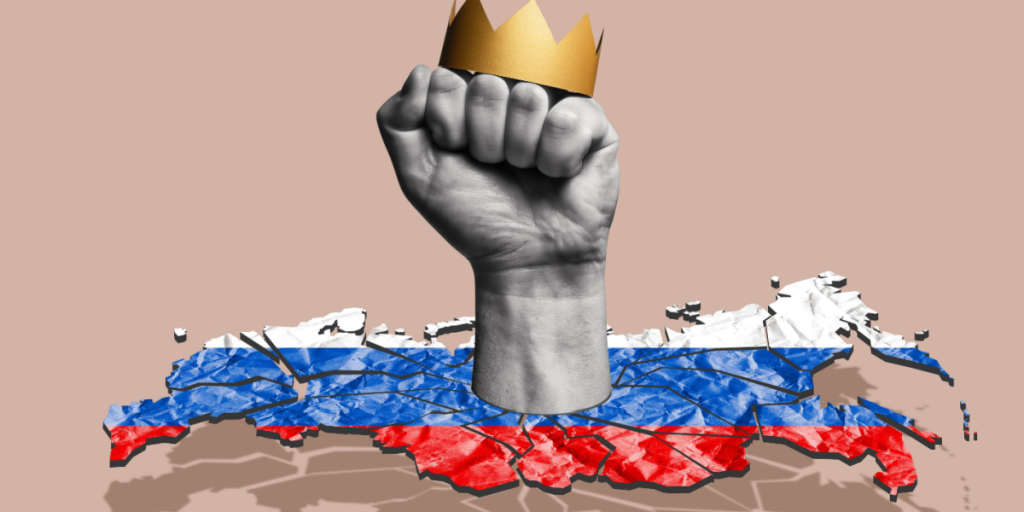The eagerness to show results is beginning to destroy the system from within.
Others are reading now
Russia is seeing an extraordinary surge of political arrests that has shaken the country’s ruling class.
From senior judges and regional governors to associates of former Defence Minister Sergei Shoigu, few are spared in what analysts call a purge disguised as justice.
Behind it lies a campaign of confiscations and loyalty tests feeding both fear and survival instincts inside the Kremlin’s elite.
According to Tatiana Stanovaya of Carnegie Politika, as the war drags on and Vladimir Putin concentrates on the front, the state machinery seeks both material resources and public displays of “justice.”
Repression without limits
In a commentary, Stanovaya, a senior fellow at the Carnegie Russia Eurasia Center, partly links the arrests to the ambitions of security service officials eager to show results through detentions and asset seizures.
Also read
Yet the pattern runs deeper. The unwritten limits that once restrained repressive power have disintegrated.
Even authoritarian systems usually maintain informal boundaries—habits, fears, or shared memories—that prevent the security apparatus from turning on itself.
In Russia, that boundary was long shaped by the trauma of Stalinist purges and the elite’s fear of being consumed by their own system.
According to Stanovaya, before the invasion of Ukraine, intelligence agencies compiled dossiers on thousands but rarely acted unless power struggles or treason allegations were involved. “Telephone justice” from a powerful patron could still protect a bureaucrat under pressure.
Vanishing guarantees
Those safety nets have disappeared. War has strained Russia’s finances and redefined corruption rather than eradicating it. Patronage networks that once provided protection now crumble under competition for shrinking resources.
Also read
Being linked to a powerful figure has become risky—elites increasingly abandon allies to avoid crossing the security agencies.
The ongoing “nationalization” drive has turned asset seizures into a political weapon. Targets often include officials with foreign property, critics of the regime, or companies deemed inefficient. Once prosecutors launch an inquiry, confiscation soon follows.
Recent arrests, such as that of Oleg Tsemezov, a former deputy governor of the Sverdlovsk region, illustrate the trend. In Moscow, few dare intervene. What once seemed exceptional now feels routine.
Luxury as a crime
Displays of wealth, once celebrated among the elite, now invite suspicion. In wartime Russia, opulence is portrayed as a moral failure.
The fall of figures like Aleksandr Zapesotsky, former rector of the Humanities University of St. Petersburg, and ex–Deputy Defence Minister Timur Ivanov—both known for extravagant tastes—shows how prosecutors use “moral” narratives to justify punishment.
Also read
Austerity and loyalty have become symbols of patriotism. Lavish lifestyles, even if tolerated before, are now treated as acts of betrayal.
A machine that feeds itself
The cycle of repression sustains itself. Each new official seeks to surpass predecessors with more arrests and seizures, driving the system toward constant escalation.
The elevation of Prosecutor General Igor Krasnov to head of the Supreme Court changes little. Investigative authority remains with the Investigative Committee and the FSB, whose momentum shows no sign of slowing.
Consuming its own creators
As Russia’s isolation deepens under wartime conditions, its governing system survives by consuming itself. Every act of repression is justified by “the needs of the front.”
Those who once built the machinery of control now find themselves within its reach. In a state transformed by conflict, the apparatus no longer shields the elite—it devours them.


